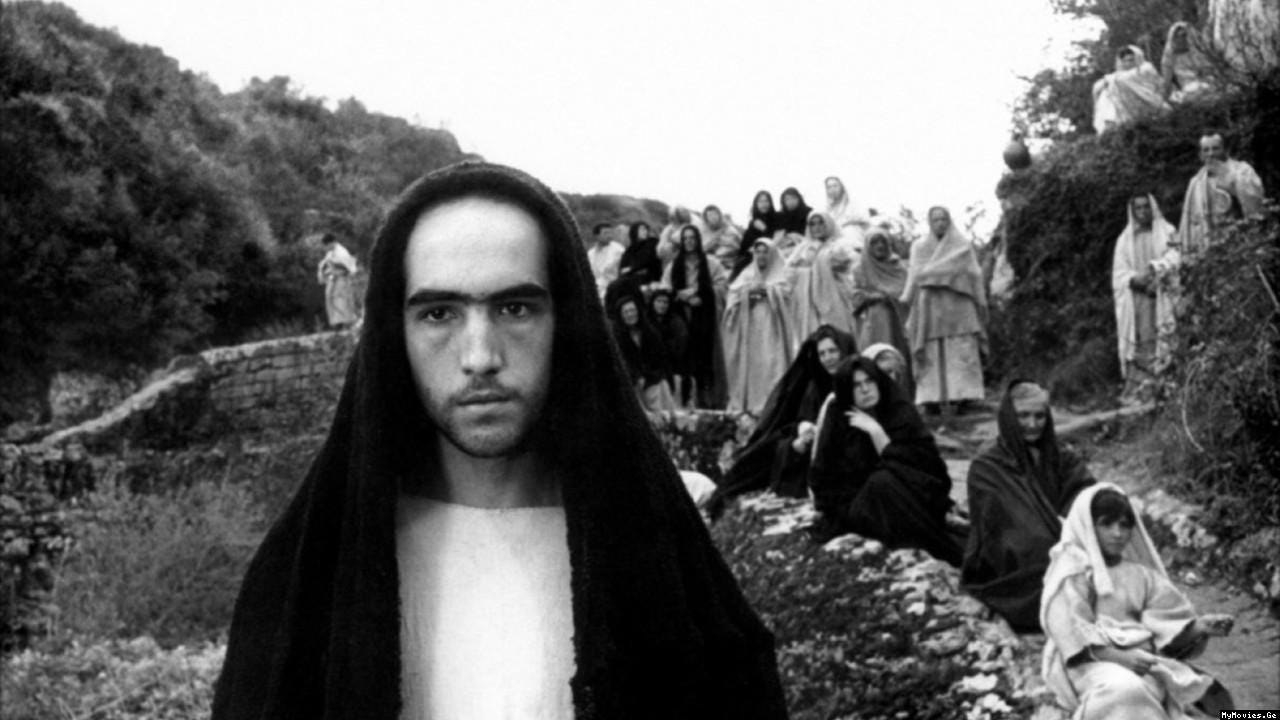Free Will and Destiny
The Machine Will Never Triumph, part forty-three
Free Will.
The human will is free, ultimately, to choose one of two things:
either to stay connected with the tree of life, and submit
the human will to the flush of the vaster impulsions of the tree;
or else to sever the connection, to become self-centred, self-willed self-motived—
and subject, really, to the draught of every motor-car or the kicking tread
of every passer-by.1
There is a certain modern conceit that the exercise of free will and the breaking with destiny makes one free. This is a colossal misunderstanding, since it is only the vital, organic connections to the earth, other living things, and the Gods that gives us freedom. Pledging allegiance to a sun-man allows a man who has not yet cultivated his capacity for seeing the Gods to focus on the things that he is more capable of. The giving over of power to the tree, to the sun-men, to the Gods gives one a freedom from fear, a freedom from worry. Destiny doesn’t chain us, but guides us. To be free in the modern sense is, in fact, to be enslaved, and to be at the whim of contingency. True freedom, true life, is to give one’s self up to the Gods—dark Gods and white Gods alike. Lawrence fleshes this out brilliantly in the following commentary on Matthew 5:3–12:
Life is so wonderful and complex, and always relative. A man’s soul is a perpetual call and answer. He can never be the call and the answer in one: between the dark God and the incarnate man[…] between the souls of man and man, strangers to one another, but answerers. So it is for ever, the eternal weaving of calls and answers, and the fabric of life woven and perishing again. But the calls never cease, and the answers never fail for long. And when the fabric becomes grey and machine-made, some strange clarion-call makes men start to smash it up. So it is.
Blessed are the pure in heart. That is absolute truth, a statement of living relativity, because the pure in heart are those who quiver to the dark God, to the call of woman, and to the call of men. The pure in heart are the listeners and the answerers. But Rameses II was no doubt as pure in heart as John the Evangel. Indeed perhaps purer, since John was an insister. To be pure in heart, man must listen to the dark gods as well as to the white gods, to the call to blood-sacrifice as well as to the eucharist.
Blessed are the poor in spirit. It depends. If it means listening. Not if it means taking up a permanent attitude.
Blessed are the peacemakers. It depends. If it means answering. Not if it means enforcing the peace, like policemen.
Blessed are the meek. It depends on the occasion.
Blessed are they that mourn. It depends altogether.
Blessed are they that do hunger and thirst after righteousness. Ah, yes, but the righteousness of the profound listener, and of the answerer who will answer come what may. Not any other righteousness of the commandment sort.
Blessed are ye when men shall despise you. Nay, nay, it is rather: unblessed are the despisers—2
And so many of us are despisers. It is time we free ourselves from the traps of despising and being despised. Only through letting go and giving oneself over to the Gods may a person truly attain freedom.
Bibliography
Lawrence, D. H. Kangaroo. Melbourne: The Text Publishing Company, 2018.
———. The Poems. Edited by Christopher Pollnitz. Vol. 1. Cambridge: Cambridge University Press, 2013.
D. H. Lawrence, The Poems, ed. Christopher Pollnitz, vol. 1 (Cambridge: Cambridge University Press, 2013), 531.
D. H. Lawrence, Kangaroo (Melbourne: The Text Publishing Company, 2018), 306–7.



